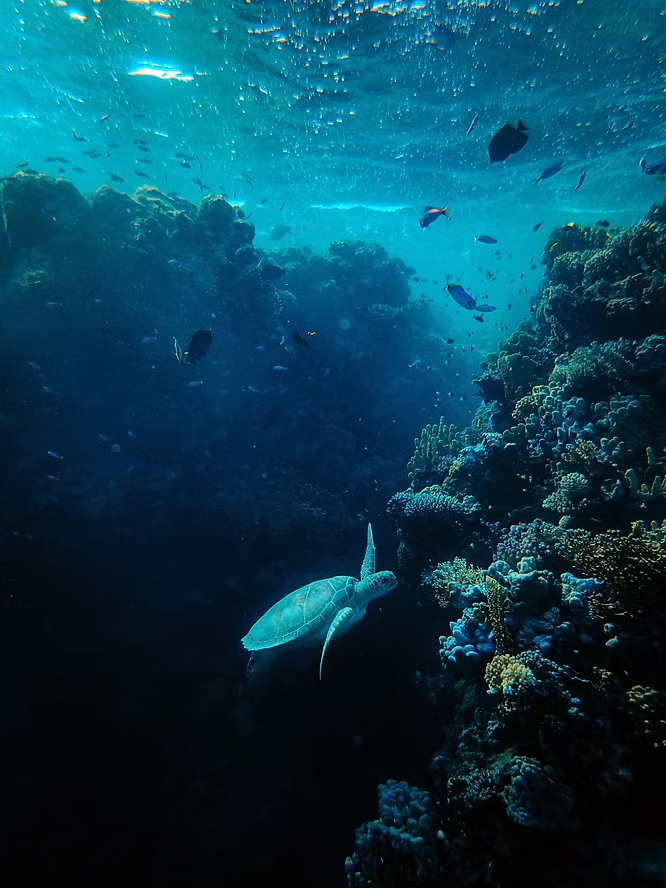Understanding Ocean Acidification
Ocean acidification occurs when increasing levels of carbon dioxide (CO2) in the atmosphere are absorbed by the ocean, lowering its pH and making it more acidic. This change has significant consequences for marine life, including the dissolution of shells and skeletons of calcifying organisms such as mollusks, crustaceans, and corals.
Acidification can also disrupt entire marine food webs, leading to declines in biodiversity and impairing ecosystem function. To mitigate these effects, it is crucial to reduce CO2 emissions through measures such as transitioning to renewable energy sources, improving energy efficiency, and implementing carbon capture and storage technologies.
Additionally, promoting conservation and management strategies can help marine ecosystems adapt and resist the impacts of ocean acidification. By taking proactive action, we can safeguard the health and diversity of the ocean for future generations.

